 Alberto Pace | CERN
Alberto Pace | CERN
Alberto Pace is a member of the IT department at CERN where he leads the Compute and Devices group.
For several years, he has led the Storage group ensuring a coherent development process for Physics Data management activities, strongly driven by operational and user needs. He also represents CERN in the Advisory Board of the Internet Society (isoc.org) and the World Wide Web Consortium (w3c.org).
He has more than 30 years experiences in computing services, infrastructure, software engineering, accelerator control and accelerator operation. He graduated in Electronic Engineering from Politecnico di Milano (Italy) in 1987, where he received the first prize among Electronic Engineering students of the North Italy section.
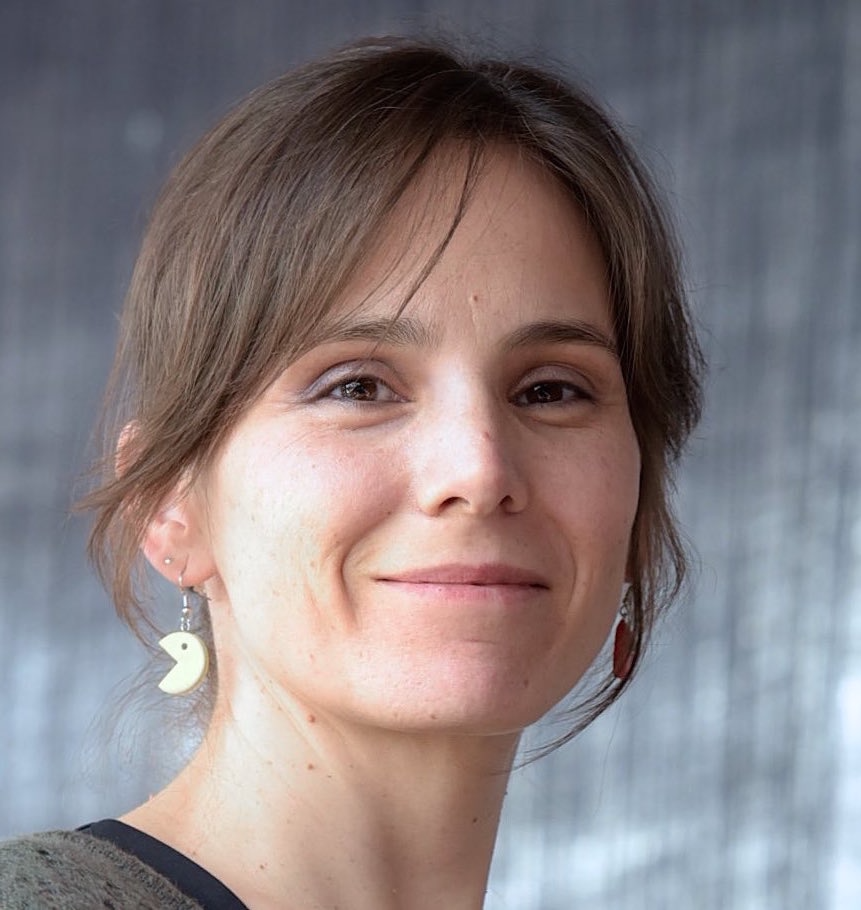 Ana-Lucia Varbanescu | University of Twente
Ana-Lucia Varbanescu | University of Twente
Ana Lucia Varbanescu is professor at the University of Twente, The Netherlands. She holds a BSc and MSc in Computer Science and Engineering from POLITEHNICA University in Bucharest, Romania, and a PhD in Computer Science from TUDelft.
Ana's research stems from HPC, and investigates the use of heterogeneous systems for high-performance applications, with a special focus on performance and energy efficiency modeling for both scientific and data-intensive applications. Her latest research focuses on zero-waste computing and model-based systems co-design.
Ana has been teaching for more than 20 years in BSc, MSc, and graduate programs in different parts of Europe, from Romania to Spain. She has created several HPC courses and tutorials, for different audiences and skill levels. She is an advocate of combining theory and practice in HPC education, and a pioneer of performance engineering education in The Netherlands, where she created and taught the first course on the topic.
 Andreas Joachim Peters | CERN
Andreas Joachim Peters | CERN
Andreas Peters is member of the CERN data management group. Since 1997 he worked as a student for the NA48 Collaboration at CERN in the development of the data acquisition system and a zero suppression system for the electro-magnetic calorimeter. He finished his PHD in physics at the University of Mainz in 2002 studying direct CP-violation in the neutral kaon system. 2002 he joined as a research fellow the ALICE experiment doing mainly development of GRID software and data management tools.
From 2004 on he stayed at CERN working for the European grid project EGEE focused on development of end-user tools for distributed analysis and distributed data management. In 2008 he joined the CERN data management group doing research and development for future data management at CERN.
Since 2010 he is project leader and core developer of the EOS storage system providing 135 PB of disk storage to all CERN experiments and a large user community.
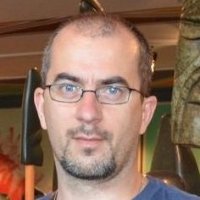 Andrei Gheata | CERN
Andrei Gheata | CERN
Andrei Gheata is an applied HEP physicist. He graduated in 1994 the University of Bucharest and holds a PhD in particle physics from the same university. Early 2000s he started working in the ALICE offline team at CERN, becoming an expert in several areas related to simulation, notably geometry modelling.
Andrei is the main author of several software components used in production by the ALICE experiment, in particular the data analysis framework.
Since 2015, Andrei is working on simulation code modernization and performance optimization in the CERN Software group, being actively involved in prototyping and developing parallel and vectorized solutions within the ongoing simulation R&D projects.
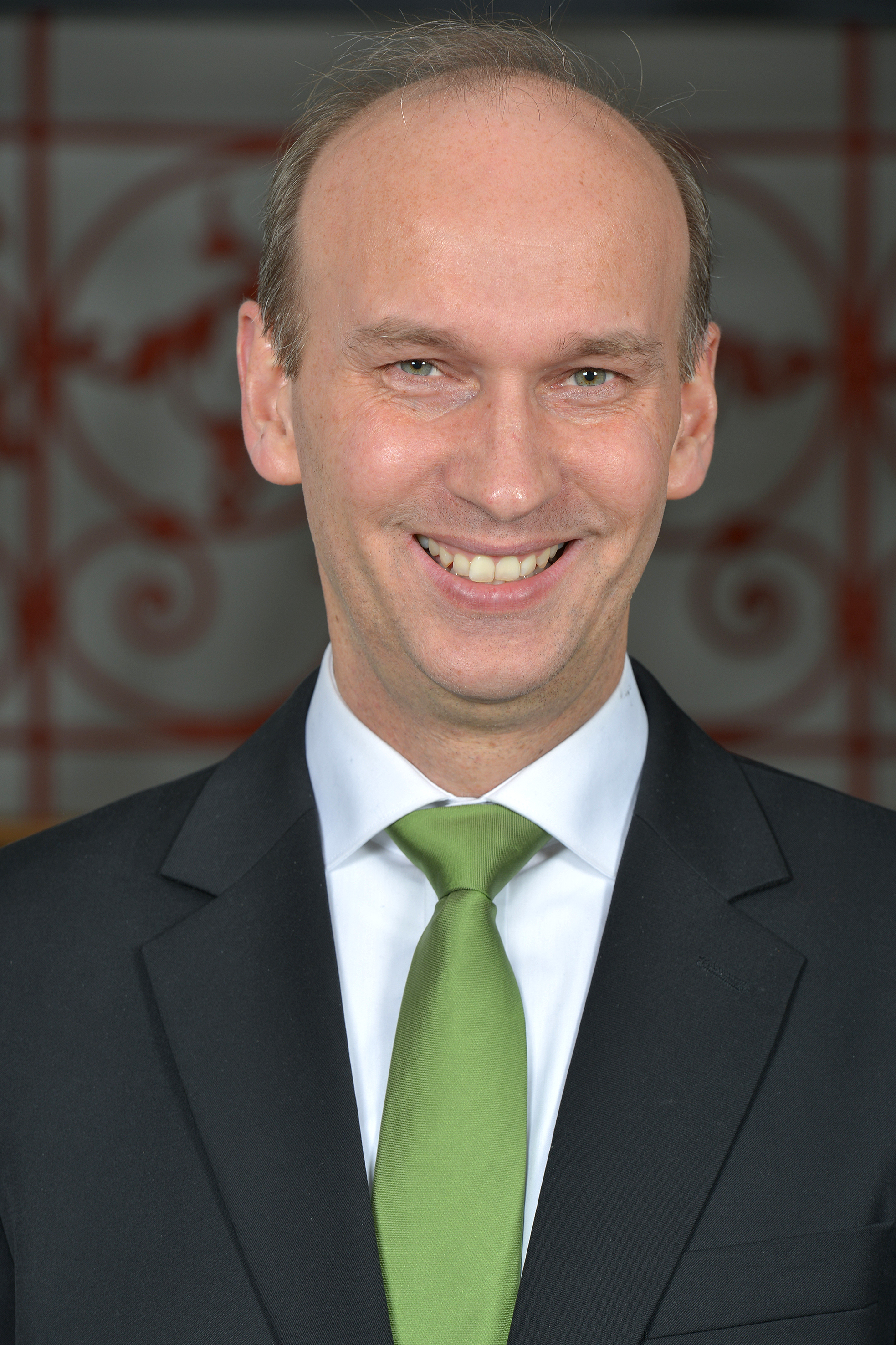 Arnulf Quadt | Universität Göttingen - Germany
Arnulf Quadt | Universität Göttingen - Germany
Arnulf Quadt is Full Professor of Physics at the University of Göttingen. He obtained his PhD from the University of Oxford, working on the ZEUS experiment at HERA. Subsequently, as postdoc he worked on projects on ZEUS at HERA, OPAL at LEP, D0 at the Tevatron and ATLAS at the LHC with the following institutes: University of Oxford, CERN, University of Bonn, Rochester University, Max-Planck-Institute of Physics and the University of Göttingen.
He founded the particle physics institute at the University of Göttingen in 2006. His main research interests are top quark physics, searches for Higgs bosons, searches for supersymmetry, grid computing and the ATLAS pixel detector.
He is the ERASMUS coordinator of the physics department, and hence deeply involved in teaching students from different countries as well as the transfer of credit points and grades.
Arnulf is the director of the II.Institute of Physics in Goettingen and teaching physics and computer science in Goettingen at undergraduate and graduate level.
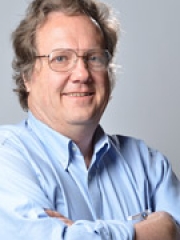 Bob Jacobsen | University of California, Berkeley, USA
Bob Jacobsen | University of California, Berkeley, USA
Bob Jacobsen is an experimental high-energy physicist, currently working on using machine learning techniques to search for dark matter with the LUX and LZ liquid xenon detectors. He is the Freedman Professor of Physics at the University of California Berkeley, where he also serves as a Dean of the College of Letters and Science.
He has previously been a member of the BaBar (PEP-2), ALEPH (LEP) and MarkII (SLC) collaborations. His original academic training was in computer engineering, and he worked in the computing industry before becoming a physicist.
 Giulio Eulisse |
Giulio Eulisse |
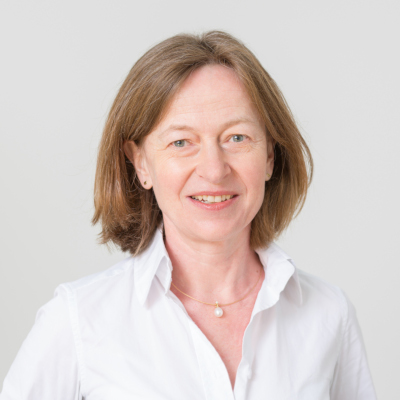 Judith Katzy | DESY
Judith Katzy | DESY
Physicist at DESY working in the ATLAS experiment at CERN on measurements related to the Higgs Boson and Top Quarks. Application of machine learning algorithm in high energy physics data analysis. Privatdozentin at Humbolt University at Berlin teaching physics, statistical methods and machine learning.
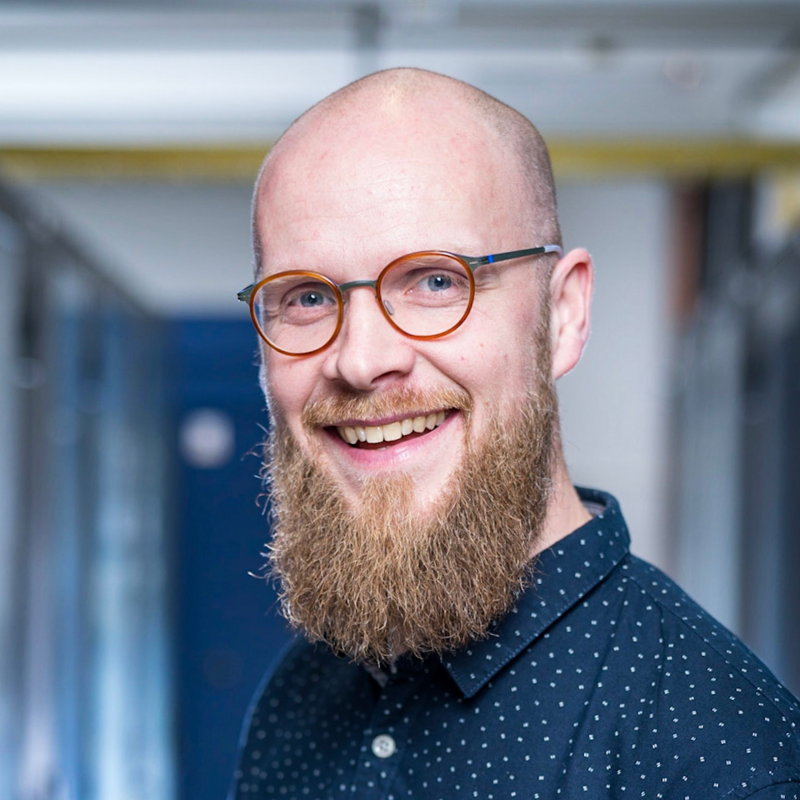 Peter Steinbach | HZDR
Peter Steinbach | HZDR
Peter received his PhD in Particle Physics in 2012 from TU Dresden (Germany) for an experimental study of LHC data using the ATLAS experiment to reduce background contributions to Higgs Particle searches. He continued to industry as a HPC support and software engineer helping scientists push the limits of their applications in a service oriented group. In this role, he became increasingly exposed to Deep Learning applications for vision applications in biology. In 2019, he started to lead a group of Helmholtz AI consultants at Helmholtz-Zentrum Dresden-Rossendorf. The teams has a mandate to help scientists from the research field matter within the Helmholtz association to use machine learning in experiment and theory.
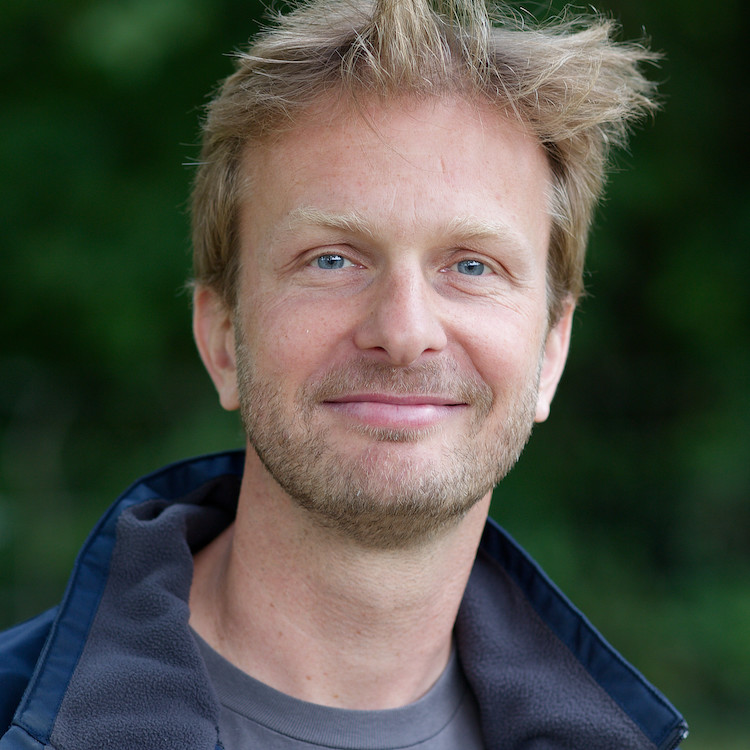 Sebastian Lopienski | CERN
Sebastian Lopienski | CERN
Sebastian Lopienski is service manager of the CERN Single Sign-On (SSO) service. In the past, he has served as director of the CERN School of Computing (2017-2022), and as CERN's deputy Computer Security Officer (2009-2022). Sebastian’s background is software engineering (including web and mobile apps), and security engineering. He graduated from the University of Warsaw (MSc in Computer Science) in 2002, and earned an MBA degree at the Enterprise Administration Institute in Aix-en-Provence in 2010. In his free time, he enjoys sailing, kitesurfing, skiing and traveling with his family.
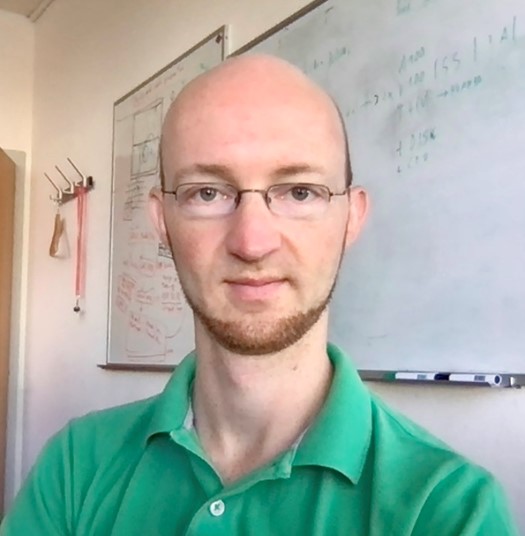 Stephan Hageboeck | CERN
Stephan Hageboeck | CERN
Stephan is an applied physicist working in CERN's IT department. His focus is on GPU computing for high-energy physics, specifically on detector simulation and event generation (Geant4 and Madgraph).
He obtained a Ph.D. in particle physics at the University of Bonn in Germany, searching for decays of the Higgs boson within the ATLAS collaboration. Afterwards, he worked for the ROOT project at CERN, focussing on high-throughput computing, software performance analysis and RooFit, a package for fitting and statistical analysis of data.
 Toni Šćulac | Faculty of Science, University of Split - Croatia
Toni Šćulac | Faculty of Science, University of Split - Croatia
Toni was born and lives in Split, Croatia where he works as an associate professor at the Faculty of Science, University of Split. He started working for the CMS experiment at CERN in 2015 as a part of his PhD studies. In 2018, he successfully defended his PhD thesis at Ecole Polytechnique (Paris, France) and University of Zagreb (Croatia). He is currently the leader of the Split CMS group that focuses on Higgs boson physics and HGCAL upgrade of the CMS detector.
During his studies, Toni attended CSC in Madrid in 2017 and tCSC in Split in 2018 as a student. In addition to his scientific work he also loves to teach and mentor Bachelor’s, Master’s, and PhD students. In 2022 he became a lecturer at the CSC and he is extremely motivated and happy to be a part of the CSC team.